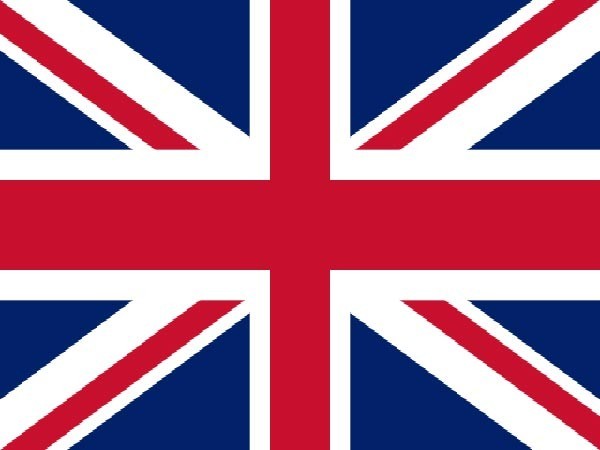London [UK], June 2: A crowd of collectors and POP MART fans gathers outside the brand's brightly lit flagship store on Oxford Street, eager to explore its signature blind-box toys, like Skullpanda, Dimoo, and the iconic Labubu, known for its fluffy body and toothy grin.
Some had traveled from as far as Southeast Asia and mainland Europe, not just to shop, but to trade art toys, connect with fellow fans, and capture the perfect unboxing moment for TikTok.
Once a niche brand in China, POP MART is now one of the fastest-growing cultural phenomena in Europe.
Founded in Beijing in 2010, POP MART rose to fame through its original character designs and collaborations with emerging artists. Its IP-driven collectibles, especially the mischievous yet charming Labubu, resonate deeply with fans seeking more than just aesthetic appeal -- they crave emotion, surprise, and connection.
"They were never meant to be a money-making madness in a resale market, but a moment in time for adults to become childlike and silly again. Every human deserves to feel that," said Amy-Lee Cowey-Small, a long-time marketing veteran.
This emotional pull sets POP MART apart from traditional toy makers. It doesn't merely sell figures -- it sells feelings, rituals, and shared experiences.
Central to its appeal is blind-box culture, where buyers don't know which toy they've purchased until they open the box. This "ritualized uncertainty" has resonated strongly with Gen Z and millennial consumers in Europe.
On TikTok and Instagram, influencers regularly post unboxing videos, turning these toys into cultural symbols of identity and self-expression.
POP MART's design philosophy blends Asian aesthetics with Western art influences, creating figures that feel both familiar and refreshingly new. This multicultural style has drawn attention from celebrities like Madonna Louise Ciccone and British TV personality Olivia Attwood, further embedding POP MART in Europe's creative mainstream.
Since opening its first UK store in Soho in 2022, POP MART has rapidly expanded across the country, with stores now in Oxford Street, Manchester, Westfield Stratford, Cambridge, and Birmingham. By the end of 2025, it expects to operate 17 standalone stores in Britain, not including its rapidly growing network of roboshops.
According to the company's European retail head, over 90 percent of its customer base in Britain now consists of local Britons and Europeans.
"This is no longer a niche brand for the Asian diaspora," said Scarlett Zhao, POP MART's head of marketing, Europe. "We've gone mainstream."
As demand continues to rise, Zhao rejected claims that the company is deliberately limiting supply to create hype.
"We're often asked whether the limited availability of our plush toys is intentional, but the answer is no -- we do not engage in scarcity marketing. Our production is guided by long-term demand forecasting and brand planning rhythms to provide consumers with high-quality and consistent product experiences," Zhao said.
"Plush toys require intricate craftsmanship and a strong attention to detail, which naturally calls for careful planning and production time. We prioritize craftsmanship and customer experience -- not scarcity as a marketing tactic," Zhao added.
POP MART is now developing an online lottery system to reduce onsite congestion and deter scalper activity in Britain and France.
POP MART isn't alone in riding the wave of China's collectible boom. Brands like TOPTOY launched by MINISO are also expanding across Asia and the Middle East, though TOPTOY focuses on licensed IPs like Disney and Naruto, rather than original characters.
As Chinese collectible brands grow in prominence, their appeal is beginning to win over prestigious Western retailers. Zhao said luxury venues like Harrods were initially reluctant to take a chance on an unfamiliar Chinese brand. But that changed quickly.
"As our IPs gained international visibility and our customer base expanded across Europe, conversations with prestigious partners naturally evolved into long-term collaborations," said Zhao.
"Today, we're proud to be part of a new wave of cultural brands that Harrods and other top-tier retailers are embracing," she added.
For consumers like Ma and Serena, both in their twenties, POP MART has become a lifestyle.
"Once I got one, I got obsessed," said Ma. "And I told my friend Serena to get one too."
"I saw an influencer open a blind box on Instagram. I went to the store the next day," said Serena. "That was it. I'm hooked."
This growing community of collectors, many of whom kidults, isn't just chasing rare toys -- they're discovering shared joy, nostalgia, and pocket-sized companions through a distinctly modern cultural language.
Source: Xinhua News Agency

